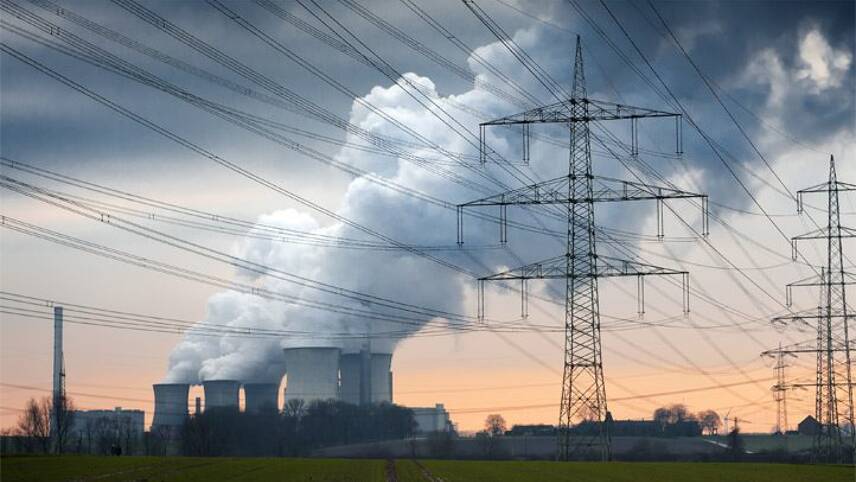Register for free and continue reading
Join our growing army of changemakers and get unlimited access to our premium content

Continual emissions reductions are needed to meet net-zero
The firm’s World Energy Markets Observatory (WEMO) report for 2020 was published on Tuesday (3 November), providing a broad view of trends in generation, consumption and energy-related technologies. The report covers a 12-month period and takes the impact of the Covid-19 pandemic into account.
According to the report, emissions from the global energy sector will be 7-8% lower in 2020 than in 2019, largely because of reduced oil and gas demand in sectors like transport and heavy industry. It notes that this decrease is unprecedented – emissions from the sector fell just 0.4% year-on-year in 2019 – but unlikely to last. Capgemini believes emissions will “likely rise again” as mobility restrictions ease, with nations largely failing to decouple GDP growth from energy-related emissions.
The report provides a string of policy recommendations for markets with net-zero targets, including the UK and the EU, the latter of which has applied a “do no harm” principle to its €750bn recovery fund and ring-fenced 30% for ‘climate-friendly’ activities.
Included are calls for a “meaningful carbon price” and clarity on carbon pricing trajectories in the mid and long-term. Carbon prices in the EU averaged €27 per tonne between June 2018 and June 2019, but some green groups believe a €50 average will be needed by 2030 for net-zero alignment. As the UK completes the Brexit transition period, an agreement has been struck to reduce the existing EU ETS cap by 5% within a year, with further reductions to be confirmed.
Capgemini also calls for better policy incentives for those looking to bring new large-scale renewables arrays and “safe” nuclear plants online, or to scale up green hydrogen. Hydrogen is often posed as a solution for hard-to-abate sectors like aviation, heating and shipping. Yet more than 99% of the hydrogen produced globally in 2019 relied on fossil fuels, meaning the sector is not yet a silver bullet for decarbonisation.
The report additionally summarises concerns about energy security and grid reliability, concluding that most nations are bringing renewable generation capacity online and fossil fuel generation capacity offline faster than they are investing in energy storage, grid upgrades and tariffs.
“Numerous digital tools and assets are mature and available to improve predictability, reliability, grid stability and finally the security of supply, accelerating the energy transition,” Capgemini’s global head of energy and utilities Phillipe Vie said. Enhanced generation forecasting and battery energy storage are highlighted in particular.
Walking the talk
The report’s findings broadly echo those made by Wärtsilä Energy in its recent report on Covid-19 stimulus allocations.
It found that almost every G20 nation is disproportionately providing funding for fossil fuels over renewables. Collectively, nations have allocated 33% more funding to fossil fuels than low-carbon generation.
This trend, the organisation believes, risks jeopardising the global net-zero transition. Moreover, many nations will miss their own mid-term and long-term climate targets if they do not change their approaches.
Sarah George


Please login or Register to leave a comment.